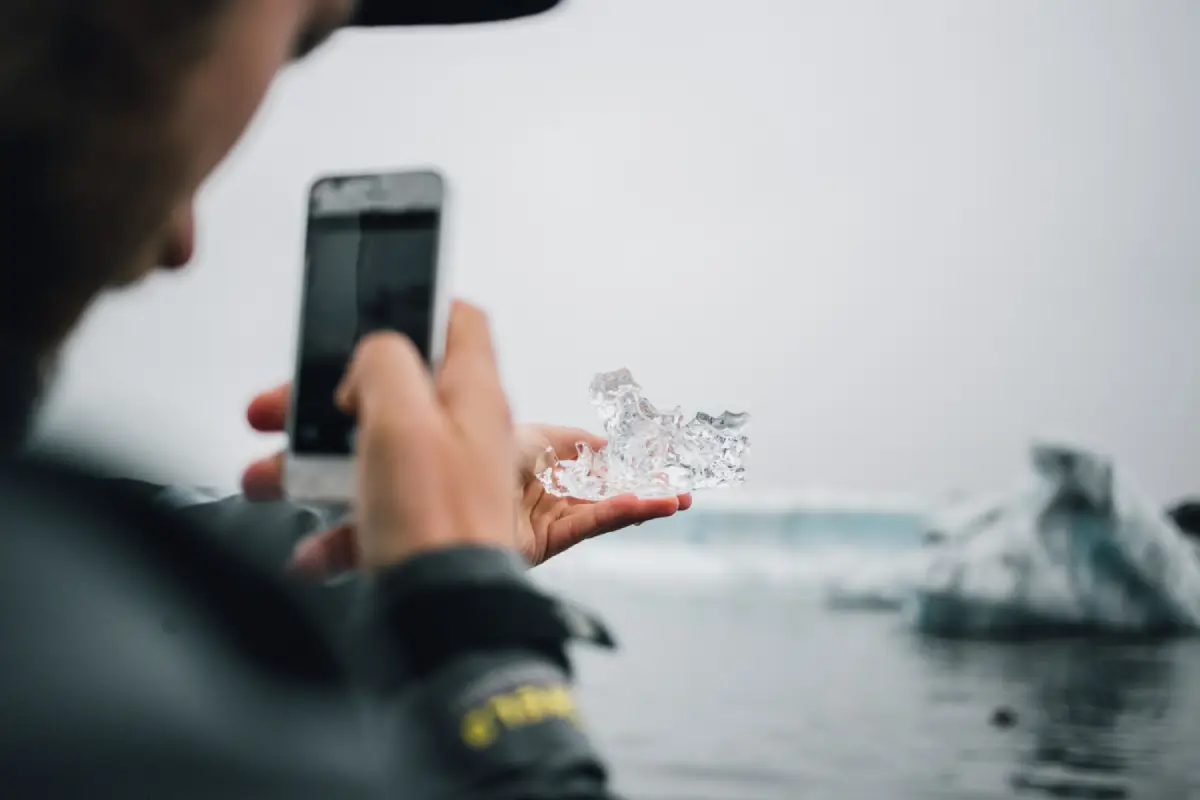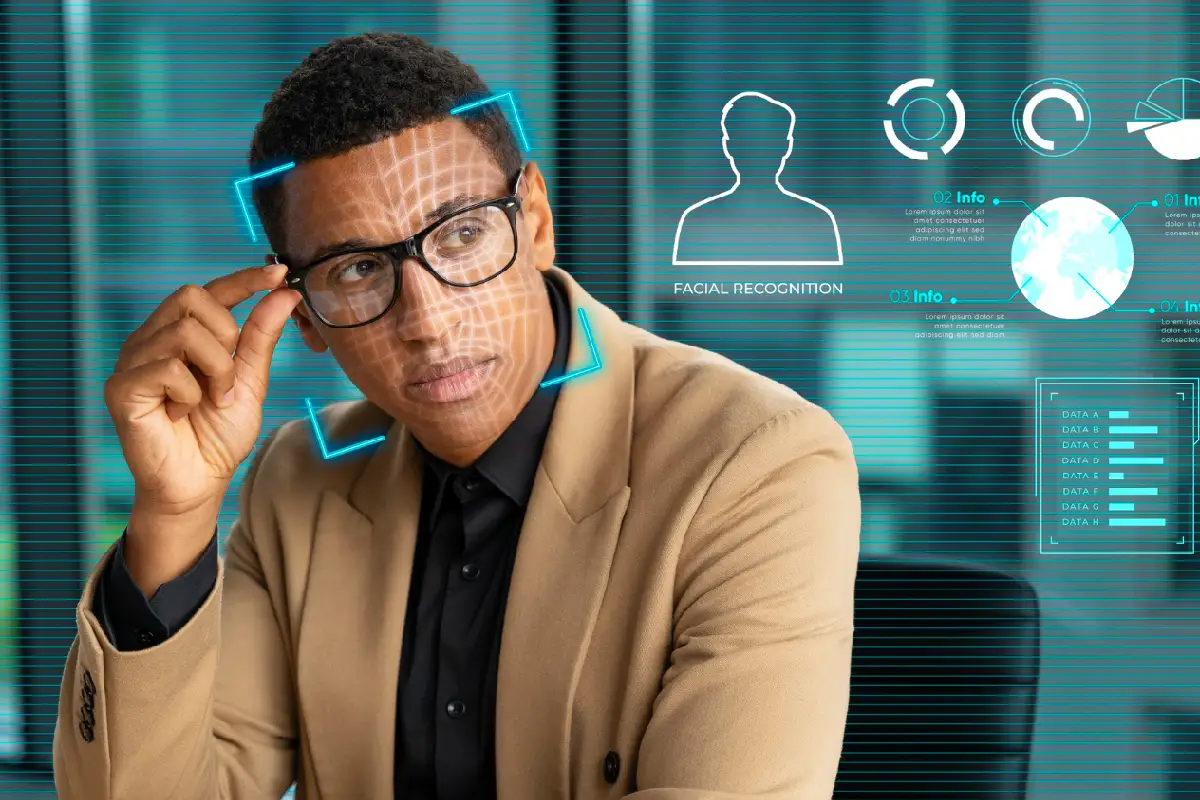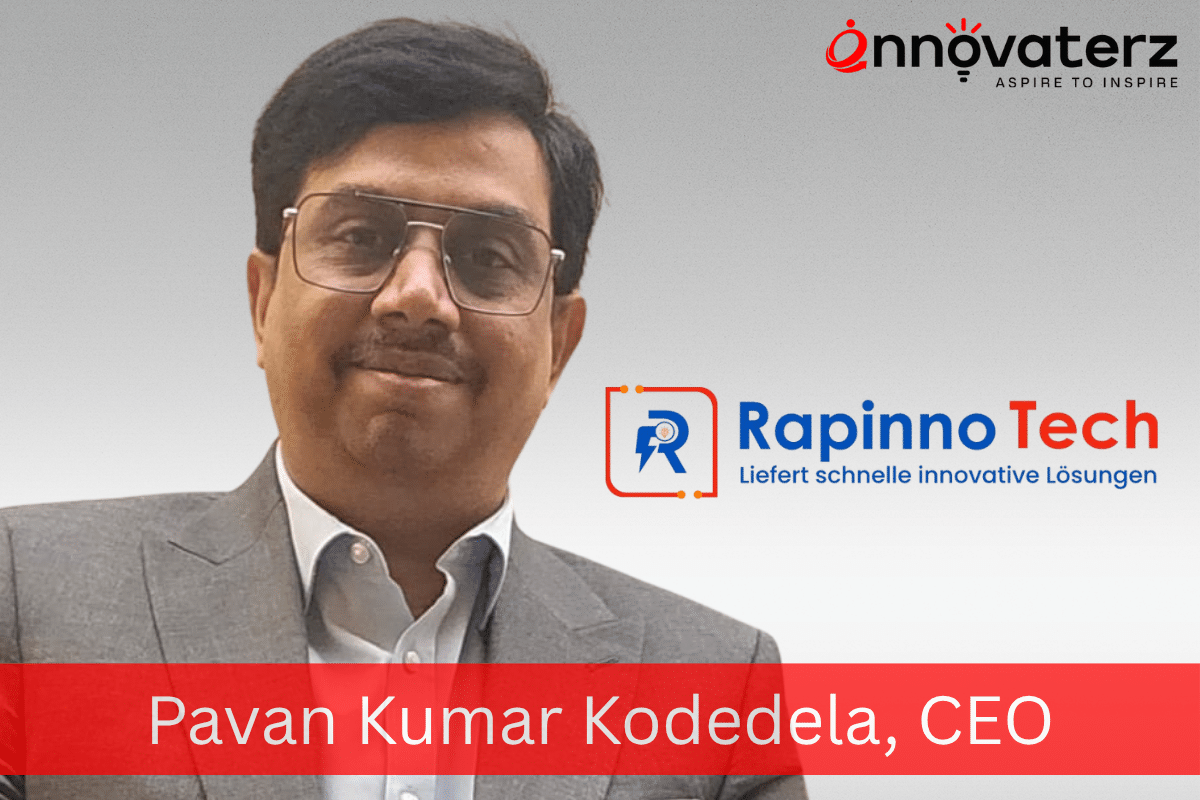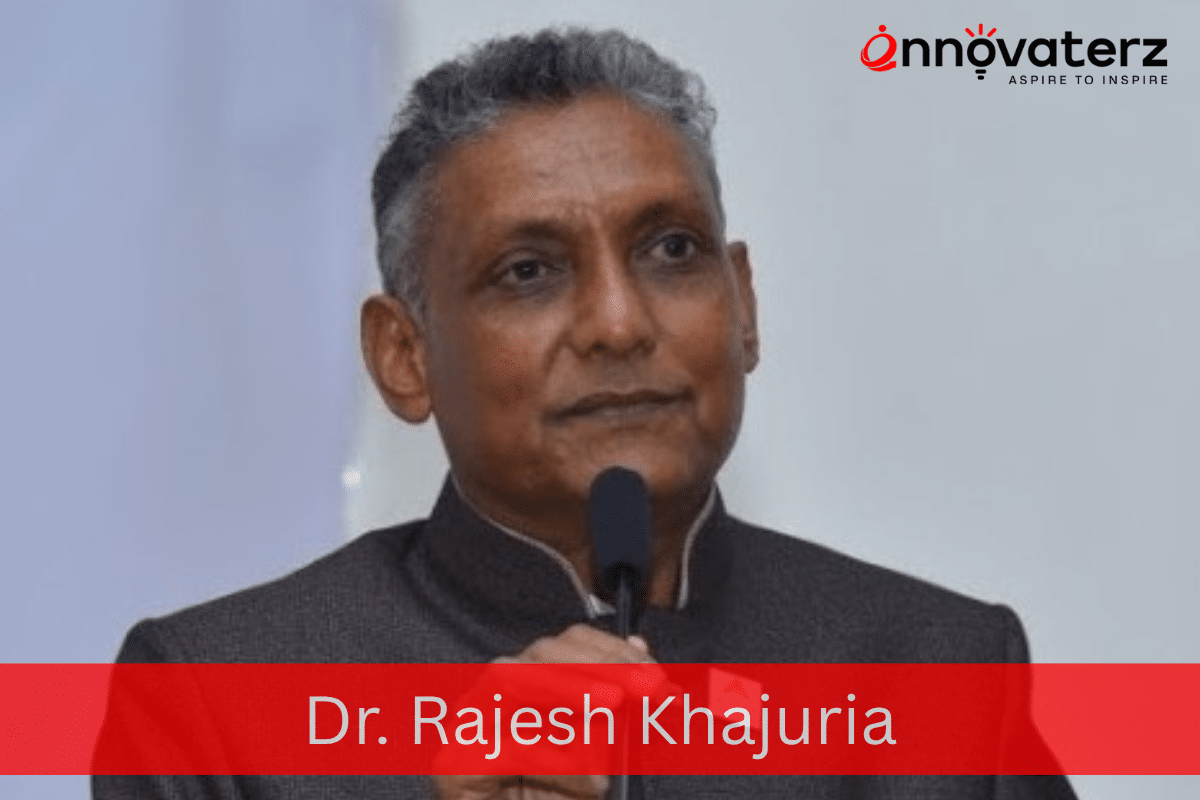MIAMI, FL, UNITED STATES, March 24, 2025 /ennovaterz/ — SeaSweepers Unveils Scalable Climate-Tech Solution to Tackle Marine Plastic Crisis Powered by AI, Blockchain, and Circular Design, SeaSweepers Launches a New Model for Ocean Plastic Recovery and Reuse.
Climate-tech startup SeaSweepers has announced a bold, scalable approach to solving one of the world’s most urgent environmental challenges: marine plastic pollution.
Over 11 million metric tons of plastic enter the oceans each year, much of it unrecyclable by current systems. Traditional recycling infrastructure, originally built in the 1970s was designed for clean, uniform, single-polymer plastics like PET bottles. These systems are ill-equipped to process the sun-damaged, biofouled, and entangled debris commonly found in marine environments.
As plastic fragments into micro- and nanoplastics, it makes its way into seafood, salt, and drinking water and ultimately into the human body. These microscopic particles can carry endocrine disruptors, heavy metals, and other toxins, contributing to a growing public health concern. Studies have found microplastics in human placentas, bloodstreams, and lungs, prompting widespread calls for action and accountability.
The environmental consequences are equally stark. According to the United Nations Environment Programme (UNEP), plastic pollution causes over $13 billion in annual damage to marine ecosystems. It impacts more than 700 marine species, many of which ingest or become entangled in synthetic debris.
SeaSweepers, led by founder and CEO Naveen Sydney, is addressing this crisis with a circular model built from the sea up, powered by AI, blockchain, and modular recycling systems engineered specifically for marine plastics.
“I grew up in a small fishing hamlet in South India where the sea shaped my earliest memories,” said Sydney. “Now, I’m combining engineering and a love for the ocean to tackle the crisis that’s threatening coastlines, livelihoods, and ecosystems around the world.”
The company’s model includes:
- Collection via coastal communities, nonprofits, and citizen scientists.
- Edge-based AI sorting to identify polymers and contaminants in real time.
- Mechanical preprocessing to remove biofouling and metals.
- Blockchain traceability to log chain of custody, composition, and location.
- Reprocessing using energy-efficient filtration and extrusion systems.
- Circular product development, transforming waste into durable recycled goods.
SeaSweepers’ pilot plant will handle 20,000 tons annually, with integrated AI vision systems, multi-stage washing and drying, and real-time polymer analysis to ensure high recovery fidelity. The modular system is designed to scale across coastal regions globally, offering localized impact with global potential.
The company has already recovered over 4,000 pounds of marine waste, such as derelict fishing gear, ropes, and nets validating its preprocessing workflows and confirming the recyclability of high-value polymers like HDPE and polypropylene.














